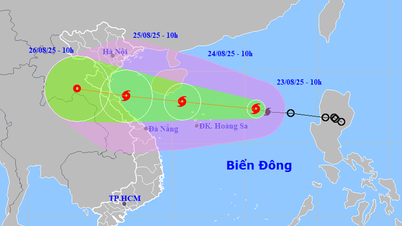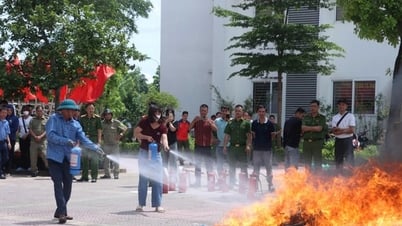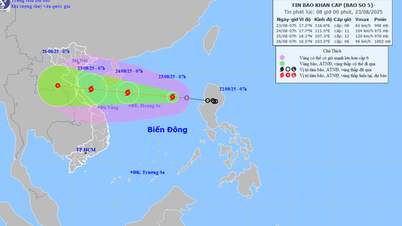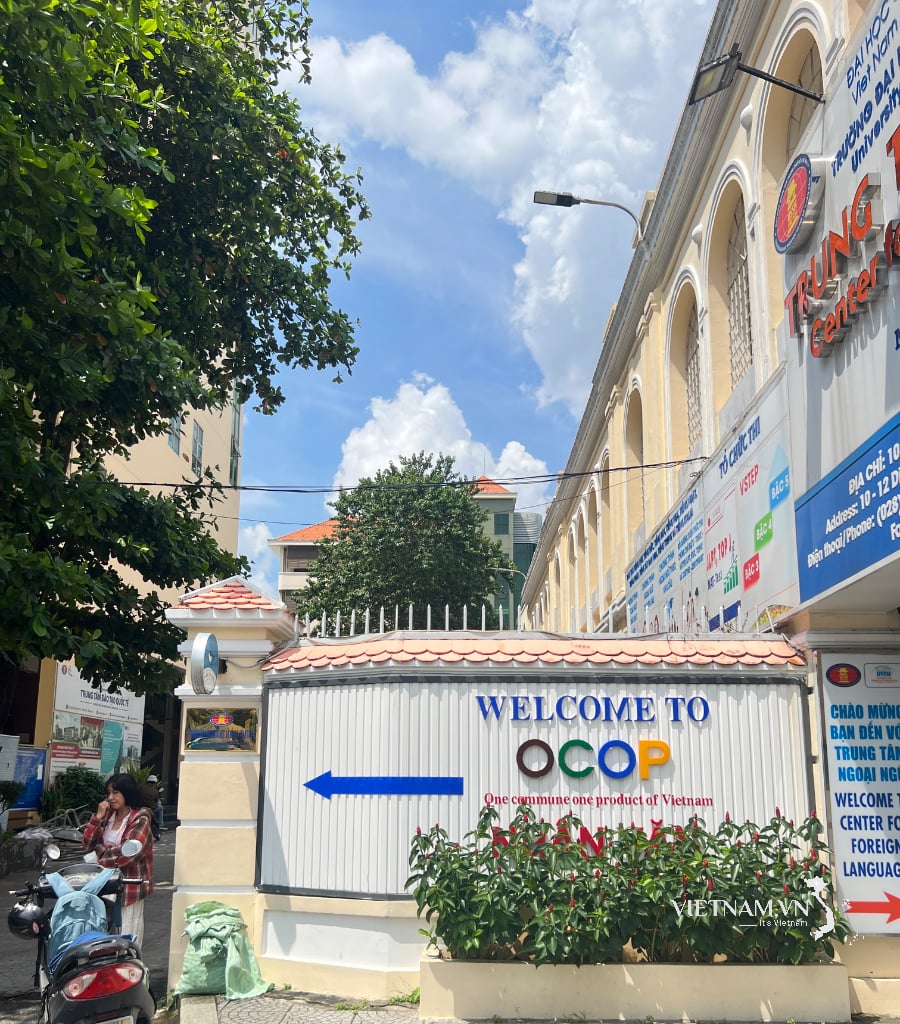.jpg)
In the program, experts: Dr. Nguyen Huy Khoa - Deputy Head of the Faculty of Law, Trade Union University, Lawyers Association of the Vietnam General Confederation of Labor (VGCL); Dr. Do Thi Lan Chi - Deputy Head of the Faculty of Labor Safety and Occupational Health, Trade Union University; Lawyer Dang Van Thanh - Hanoi Bar Association answered questions of concern to workers.
Reflections at the dialogue show that the current amendments and supplements to the social insurance policy are aimed at expanding the scope of participation, improving benefits, and creating more favorable conditions for workers to access the regimes. This is a step forward to help workers and laborers feel secure in their contributions and have long-term protection, especially in difficult situations such as: illness, maternity, work accidents or retirement.
Regarding occupational safety and health (OSH), the industrial and commercial sector has its own characteristics, with many jobs requiring caution and strict adherence to safety procedures to avoid risks during work.
New regulations on occupational safety focus on raising awareness of accident prevention, improving working conditions and increasing the responsibility of enterprises in ensuring a safe and healthy working environment. However, for these policies to truly come into practice, it requires not only compliance from management agencies and enterprises but also the initiative of workers in protecting themselves.
According to expert Nguyen Huy Khoa, according to the Law on Social Insurance and the Law on Occupational Safety and Health, if an accident occurs due to the worker's fault, it will not be called compensation but only support.
For other cases, after assessing the level of reduced working capacity, benefits are determined as follows: If the employee's working capacity is reduced by 5% or more, he/she will be entitled to social insurance benefits. From 5-10%, compensation is at least 1.5 months' salary. From 11-80%, for every 1% increase, compensation is an additional 0.4 months' salary. From 81% or more, compensation is at least 30 months' salary.
If the accident is due to the employee's fault, the employer must still compensate at least 40% of the above level, corresponding to each level of impairment.
After treatment and rehabilitation, if the employee still wishes to continue working, the employer must arrange suitable work.
From 2024, the basic salary will no longer apply. Instead, benefits will be calculated based on the reference salary, in line with the direction of salary and social insurance reform.
In case the employer unilaterally terminates the contract in violation of regulations, if the employee wants to return to work, according to Clause 1, Article 41, the employer must pay wages; pay social insurance, health insurance, and unemployment insurance for the employee during the days they are not allowed to work. At the same time, pay the employee an additional amount of at least 2 months of salary according to the labor contract. In addition, if the employer violates the regulations on the notice period, they must pay an additional amount corresponding to the salary according to the contract for the days without notice.
In case the employee does not want to continue working, the employer must still pay salary, social insurance, health insurance, unemployment insurance for the days the employee is not allowed to work; pay the employee at least 2 more months of salary according to the labor contract. At the same time, must pay severance allowance according to the provisions of Article 46 of the 2019 Labor Code to terminate the labor contract in accordance with the procedure.
Source: https://hanoimoi.vn/nhung-diem-moi-ve-bao-hiem-xa-hoi-an-toan-ve-sinh-lao-dong-702551.html






![[Photo] General Secretary To Lam attends the 80th Anniversary of the Cultural Sector's Traditional Day](https://vphoto.vietnam.vn/thumb/1200x675/vietnam/resource/IMAGE/2025/8/23/7a88e6b58502490aa153adf8f0eec2b2)

























































































Comment (0)